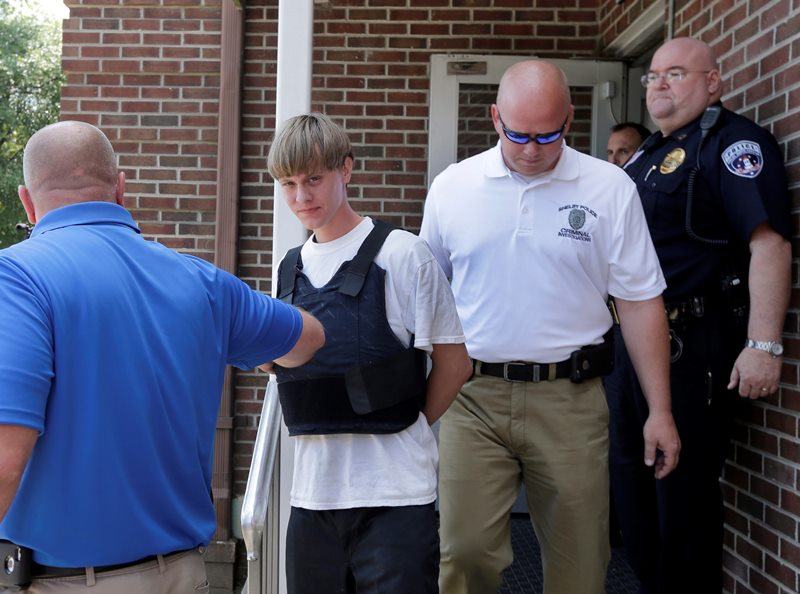Despite more than a decade of fluctuating threat levels and recent warnings about homegrown ISIS-inspired attacks, it’s right-wing extremists who have killed more Americans since the September 11 attacks, an analysis of domestic attacks reveals.

The June 17 murder of nine people at the Emanuel African Episcopal Methodist (A.M.E) Church in Charleston, South Carolina was motivated by hatred.
Suspected gunman Dylann Roof allegedly posted a manifesto online prior to going on a shooting rampage at the historic African American church, calling blacks “the biggest problem for America.”
READ MORE: Charleston Shooting: Is Dylann Roof a domestic terrorist?
The deaths in the church attack bring the total number of victims of right-wing extremism to 48, in 19 attacks since 2002. That’s compared to 26 people who died in a total of 11 attacks carried out by homegrown Islamic extremists, according to the New America Foundation, a liberal think tank based in Washington, D.C.
It is important to note the deadliest attack was motivated by extreme Islamic ideology — the shooting spree that left 13 people dead at the Fort Hood military base on Nov. 5, 2009.

Get daily National news
The New York Times reported Wednesday that federal hate crime charges could be coming: Roof is currently facing nine charges of murder.
The Emanuel A.M.E. massacre has spurred a debate over why the attack — or others carried out by white supremacists or far-right radical groups and individuals — was not labeled an act of domestic terrorism.
- Associate of Frenchman on trial for mass rape admits to copycat abuse
- Arrests in Canada part of global takedown of criminal messaging app: police
- 6 cult leaders convicted of forcing kids to work unpaid or face ‘eternal hellfire’
- Robbers make off with US$150,000 after dropping through ceiling, video shows
Terrorism expert Max Abrahms, a political science professor at Northeastern University, told Global News last week the nature of the attack fits the U.S. government’s own definition of domestic terrorism.
“The more information we’ve learned about this guy, Dylann Roof, the more convinced I am that he is indeed a terrorist,” Abrahms said Thursday.
“The United States has a long history of denying that the violence perpetrated by white supremacists is terrorism. When Americans think of terrorism, they tend to think of the international variety,” he said. “They haven’t thought really to look at home… especially when it’s non-Islamic.”
Roof’s purported manifesto references the writings of the Council of Conservative Citizens, a Missouri-based organization labeled as a “white supremacist” group by the Southern Poverty Laws Centre (SPLC).
READ MORE: Meet Earl P. Holt III, president of the group who influenced Dylann Roof’s racist views
An SPLC report on hate groups in the United States logged a drop in the number of active hate and antigovernment “Patriot” groups in 2014 and 2015. That was after a spike in activity following President Barack Obama’s election in 2008 and the global economic crisis.
But the decrease in the number of active groups, which stands at 784 according to the SLPC, doesn’t mean racist or hateful ideology is on the decline.
“Those with violent criminal inclinations are increasingly opting to act as lone wolves or in very small cells, not connected to organized larger groups,” SPLC’s Mark Potok wrote in the report title The Year in Hate and Extremism.
Potok also noted a shift to online forums to spread right-wing messages because of the social stigma attached with being associated with a hate group.
“Many of those people apparently now belong to no group, but operate instead mainly on the Internet, where they can offer their opinions anonymously and easily find others who agree with them – and where they can be heard by huge numbers of people without the hassles, dues and poor leadership associated with membership in most groups.”








Comments